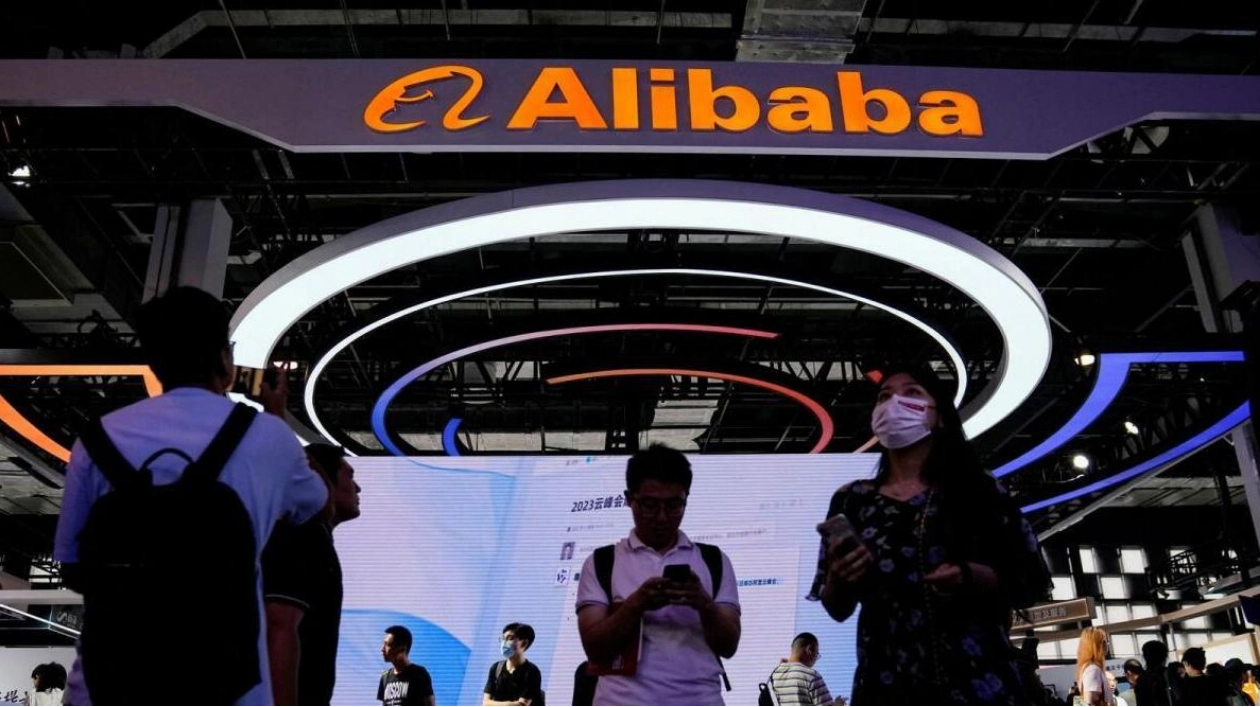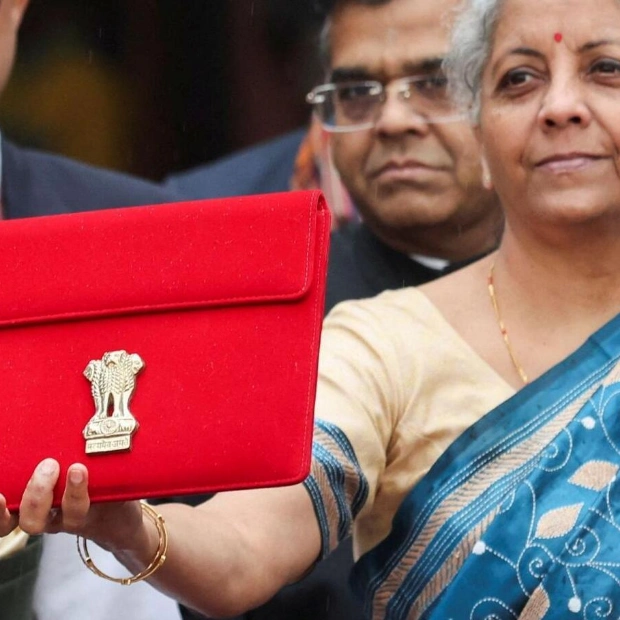Chinese tech giant Alibaba has unveiled new open-source artificial intelligence models and text-to-video AI technology, stepping up its competition in the rapidly expanding field of generative AI. The open-source models, which number over 100, are part of Alibaba's Qwen 2.5 family, the company's latest foundational large language model released in May.
Chinese tech firms, mirroring their US counterparts, have been heavily investing in generative AI, with companies vying to develop comprehensive product portfolios and diverse offerings. While competitors like Baidu and OpenAI have predominantly adopted closed-source strategies, Alibaba has opted for a hybrid approach, investing in both proprietary and open-source development to expand its AI product range.
Alibaba's new models, which range in size from 0.5 to 72 billion parameters—the variables that influence an AI model's capability and performance—offer proficiency in mathematics, coding, and support for over 29 languages, according to a company statement. These models are designed to cater to a broad spectrum of AI applications across various sectors, including automotive, gaming, and scientific research.
Alibaba also introduced a new text-to-video model as part of its Tongyi Wanxiang image generation family, joining a growing list of Chinese tech firms entering this emerging market. This move positions Alibaba in direct competition with global players like OpenAI, which has also shown interest in text-to-video technology. In August, ByteDance, the owner of TikTok, launched its text-to-video app Jimeng AI on Apple's App Store for Chinese users.






